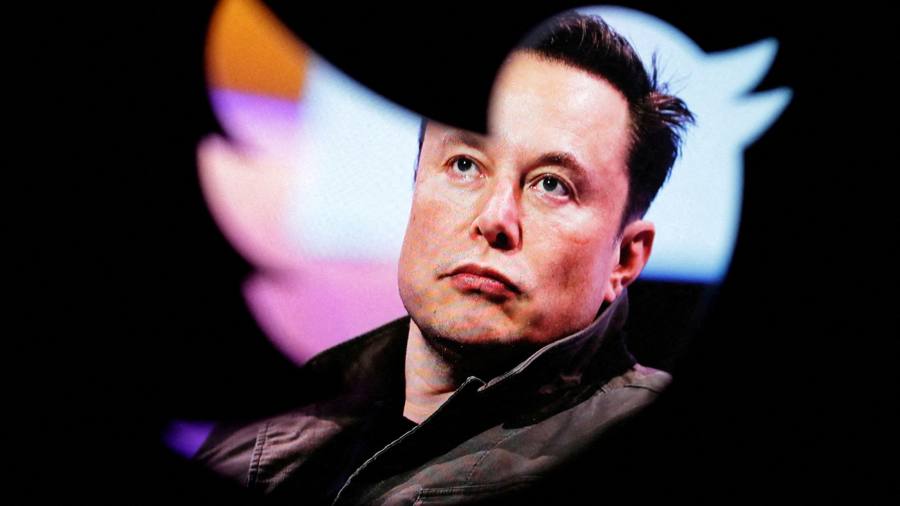
Elon Musk officially moved Twitter into his own cage last week. The world’s richest man has wasted no time making changes at the social media company, firing top executives and dissolving the board of directors. More bloodletting is coming. As much as half of Twitter’s 7,500-strong workforce could be laid off. There are plans to charge Twitter users $8 a month for a verified account, which looks odd.
Musk will need all the cost savings and revenues he can get. His $44bn acquisition of the world’s “digital town square” is one of the largest leveraged buyouts in history. To fund the deal, Musk loaded Twitter — lossmaking for 10 of the past 12 years — with $12.7bn of debt.
Analysts say net interest expense will climb from $51mn last year to over $1bn a year as a result. Having vastly overpaid to free “the bird”, Musk will face an uphill battle to keep Twitter in the air financially.
For starters, his plans to offer a premium subscription service for $8 a month risks backfiring. Assume that the number of its own (blue check) verified users followed by Twitter, roughly 424,000, is correct. Even if every verified user will pay the fee to keep their blue check, that will just generate $41mn a year in revenue. That would not even cover 5 per cent of Twitter’s estimated annual interest payments.
Worse, asking users to pay for a previously free verified account could cause them to leave the platform altogether. The verified blue check is meant to protect content creators from imposters and users from scams and misinformation. Allowing anyone to pay for it defeats the purpose.
Anything that decreases user engagement, or gives rise to more inappropriate content, would make advertisers think twice about spending money on the platform. Advertising accounted for nearly 90 per cent of the $5.1bn in revenue Twitter pulled in last year.
Some cost-cutting makes sense. Costs and expenses (including litigation) totalled nearly $5.6bn last year. Almost half of this went to sales and marketing and research and development. The latter nearly doubled in the two years to 2021. But a heavy cull of staff in a short period might unnerve advertisers never mind other employees.
Musk said he did not buy Twitter to make more money but “to try to help humanity, whom I love.” Just as well as it looks more of a flutter than a proper investment.